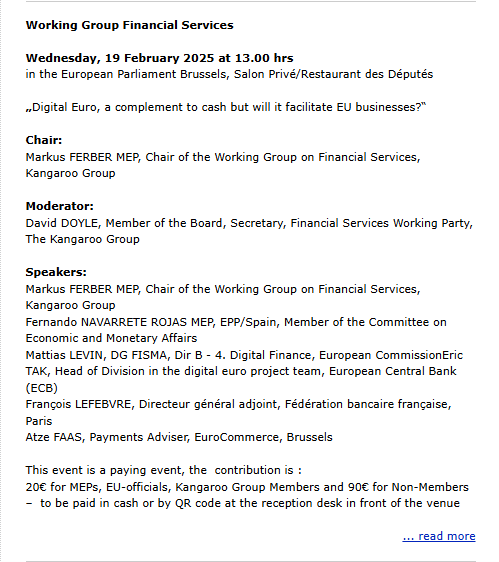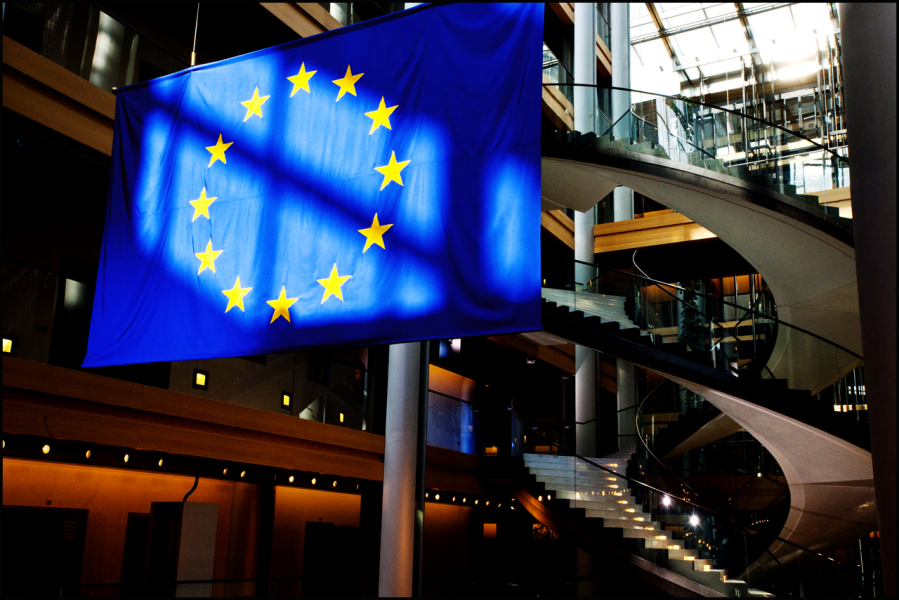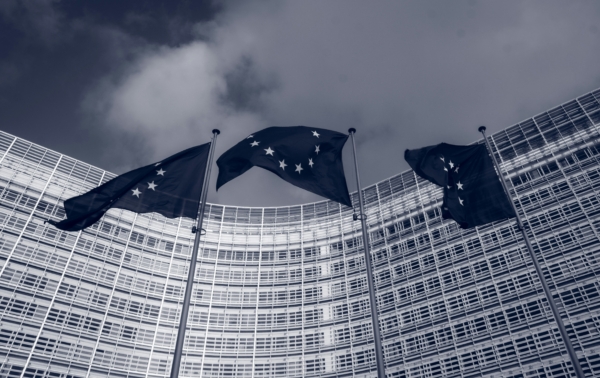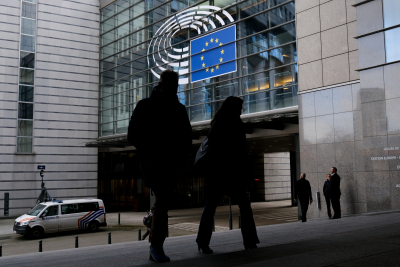Brussels is home to over 14,000 registered lobby organisations. The rules that govern their engagement with EU institutions are clear enough. Among others, registrants must “follow the relevant rules, codes and guidelines established by the EU institutions”. MEPs for example, must not “directly engage in paid lobbying activities” and not enter into “any agreement to act or vote in the interest of any other legal or natural person that would compromise their voting freedom”. But what happens when the line between a registered lobby organisation and MEPs’ work is blurred to the point we can’t tell between one and the other? Welcome to the cozy world of what we call MEP-led lobby groups.
These organisations all share similar characteristics: they are separate legal entities registered under Belgian law, registered lobby organisations on the EU Transparency Register, have held lobby meetings in their own name and, crucially, have sitting MEPs as part of their executive or governing boards. MEPs have a long-standing history of either sitting on boards or being directly employed by registered lobby organisations. It is a whole different story when MEPs hold roles that carry actual legal obligations under Belgian law.
Given this blurring between MEPs and interest representatives, where should we draw the line? Let’s look at some examples first.
The Kangaroo Group
The Kangaroo Group is one of the oldest talking shops in Brussels, dating back to 1979. What initially started as an informal gathering of MEPs, to discuss topics such as the EU single market and common defence policy, has evolved into a veritable institution. Its corporate membership now comprises some of the largest businesses in the world, including the likes of Philip Morris, ExxonMobil, CropLife Europe and The International Association of Oil & Gas Producers. Together they provide The Kangaroo group with up to 160,000 euros in membership fees per year. This opens doors to the European Parliament, including reduced fees for the paid-for lunch debates with high-ranking EU officials, industry and MEPs organised on Parliament premises. It is quite extraordinary that the European Parliament allows for such paid-for events to occur in the first place.

Where exactly is the line between an exchange forum and an MEP-led lobby organisation? Given that the Kangaroo Group is registered on the EU’s lobby register, yet has its offices directly inside the Parliament, it’s hard to say. This seems to be an exceptional set of circumstances.
The group has held 39 registered MEP lobby meetings and eight European Commission meetings. On whose behalf are these meetings? It’s worth noting that the President of its executive board is a sitting MEP while nine other sitting MEPs are listed as members. Only two, including the President, have declared their involvement on their declarations of private interest.
SME Europe
SME Europe declares itself as “the platform for SME leaders to share their ideas and voice their concerns about legislative challenges and opportunities by directly engaging with decision-makers”. The organisation shares its logo with the EPP group while being a separate Belgian legal entity that is also registered on the EU lobby register. We found 4 sitting MEPs listed as part of its governing structure in the Belgian register of legal entities.
SME Europe also appears to lobby MEPs directly, albeit keeping its activities more low-key, with 10 meetings overall. It has not held a meeting with the Commission since 2020. Its main objective ostensibly appears to be organising MEP-led debates, including on the EU Omnibus package, reflecting priorities remarkably similar to those set out in the Antwerp Declaration, which served to kickstart the EU’s deregulation drive in climate policy. From its Register entry, the organisation self-declares itself as representing its own interest or the collective interest of their members blurring here once again the lines between legislators and companies.
While SME Europe doesn’t have corporate members, it boasts strong links to another organisation called SME Connect, which does. Both organisations are located at the same address and, according to his own website, have been founded by the ex-MEP Paul Rubig. SME Connect, which declares SME Europe as a member, alongside a plethora of business associations and tech companies such as Meta, Google and Amazon, claims to have no coordinated positions on any legislation. However, events organised by SME Connect target distinct EU policies, for example, on stress testing legislative proposals for competitiveness and burden-reduction, echoing here again the ongoing Commission deregulatory drive affecting the EU’s climate, health and environmental policies.
Implications for European Parliament integrity
The problem is further confounded by the fact that only eight of 31 involved MEPs, either as members or with an executive role, have declared it on their declarations of interests. Nor have any of these MEPs highlighted a potential conflict of interest in their declaration of awareness of conflicts of interest. Elected representatives should be transparent about the interests they represent: that of their constituents or their registered lobby organisations? Amidst an onslaught of false and outright unfounded claims against NGOs supposedly lobbying on behalf of the Commission, MEPs should take a hard look closer to home. That these claims are coming from some of the very same MEPs that are part of separate legal entities representing commercial interests and registered in the EU lobby register, makes these claims even more preposterous. MEPs should clean up their own house first. They can start with:
Recommendations
- The European Parliament should ban MEPs from engaging inside activities, paid or unpaid, with organisations that are seeking to influence EU policymaking.
- In the absence of such a ban, MEPs affiliated with these registered lobbying groups should recuse themselves from any discussions, decisions, or files related to those groups.
- MEPs must declare their affiliations with such groups in their declarations of private interests.
- Paid events hosted by MEPs or lobbying organisations on Parliament premises should not be allowed.
- Lobby organisations should not be allowed to have their registered offices inside Parliament.








